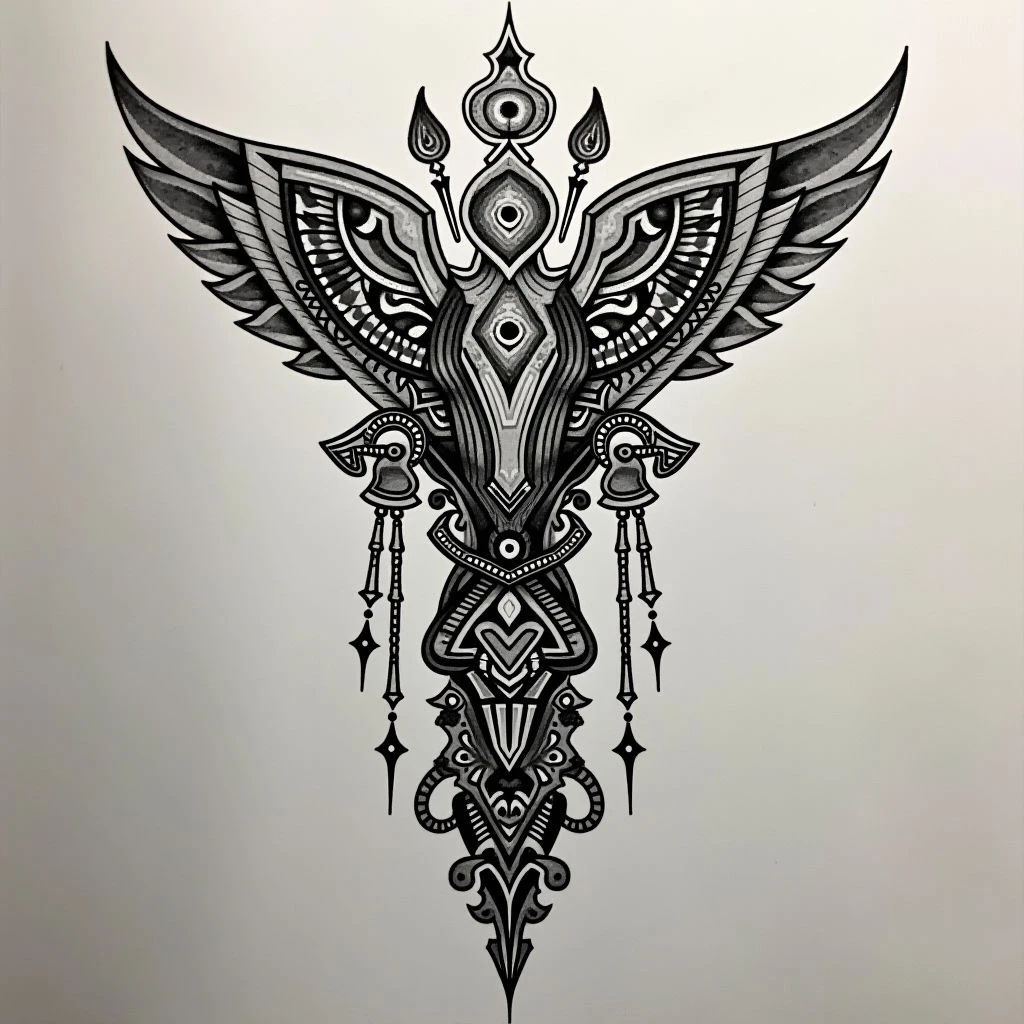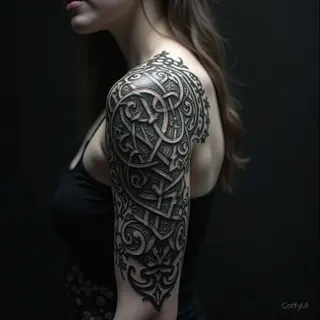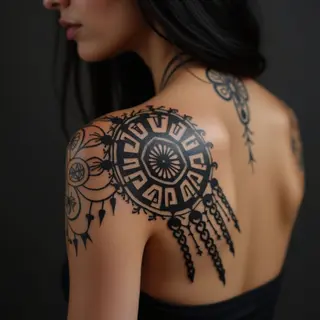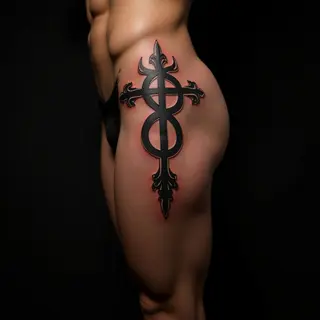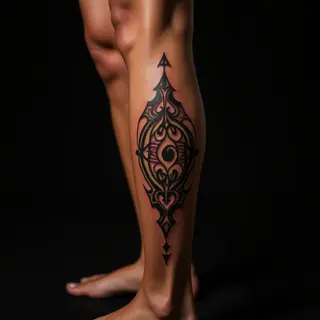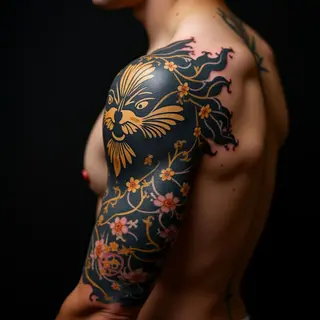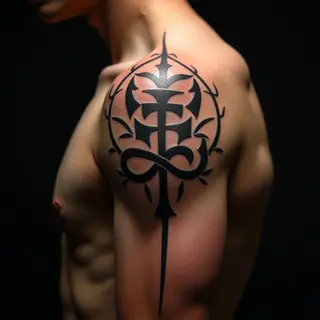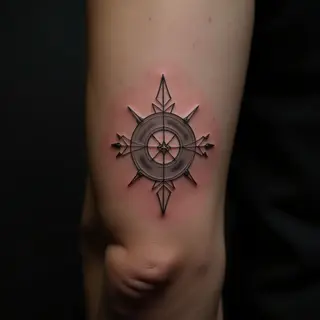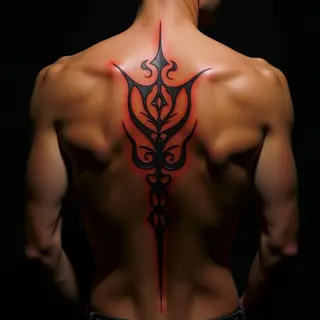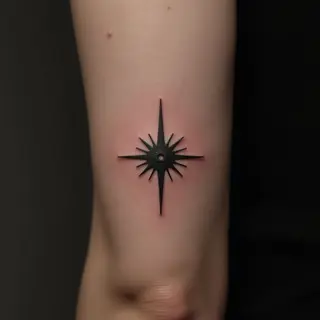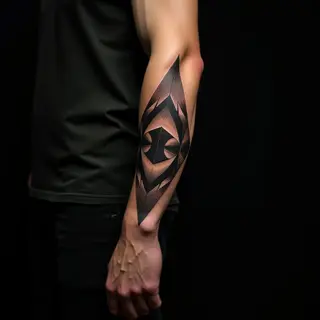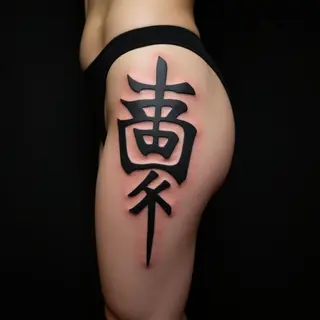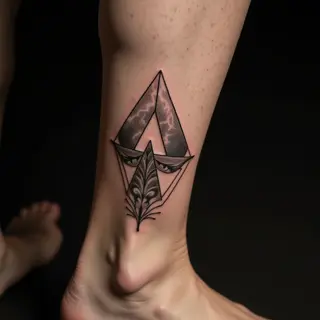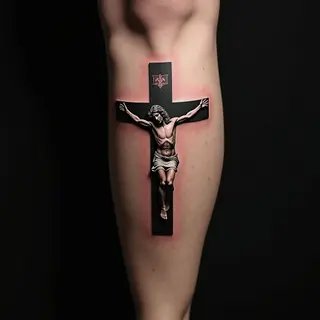Sacred Tattoos: A Cultural and Spiritual Journey
Tattoos have long been more than just decoration in many cultures—they're powerful emblems, rich with cultural, spiritual, and historical meaning. Marking the skin often signifies rites of passage, social standing, protection, or a connection to ancestors. It’s really about visual storytelling; tattoos communicate beliefs and identity.
Cultural Traditions: A Tapestry of Meaning
Across Africa, traditional scarification and tattooing were vital for showing belonging within tribal communities. These designs often marked lineage, achievements, or a spiritual connection—a way to visibly represent one's place in the world.
Polynesian cultures take this even further; intricate tattoos (known as tatau) narrate ancestral stories and denote rank. It’s a deep expression of heritage, woven into the very fabric of their society.
The Spiritual Dimension
Sacred tattoos often carry profound spiritual weight. You'll frequently see symbols representing deities, protective spirits, or even personal mantras—a visual declaration of faith.
Sometimes, the act of getting a sacred tattoo is considered a ritual in itself, a commitment to one’s beliefs and path.
Personal Expression Today
Today, while many still draw inspiration from traditional designs, people are also using sacred tattoos to express their personal beliefs and experiences. A single symbol can represent overcoming a challenge, celebrating love, or honoring someone who’s passed—transforming the tattoo into something deeply individual.
The world of sacred tattooing is complex and nuanced; it deserves respect for its origins and the stories it carries. It's more than just ink on skin – it's a legacy.
